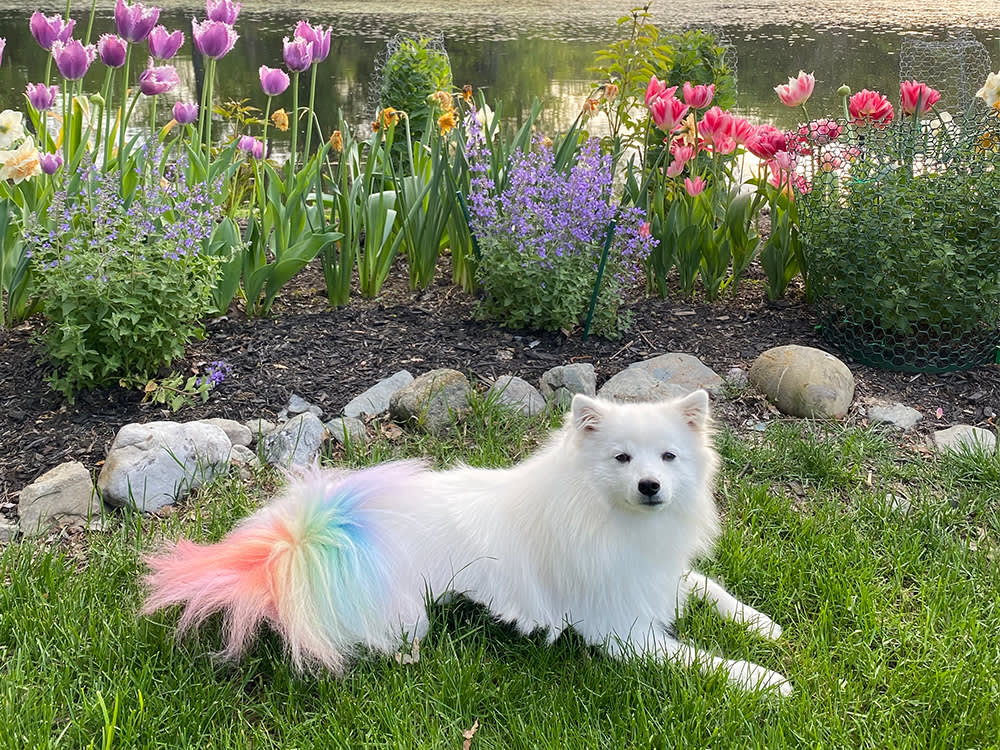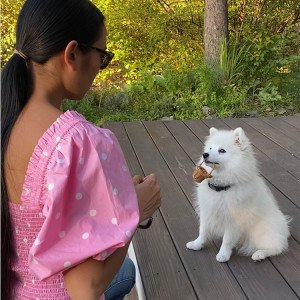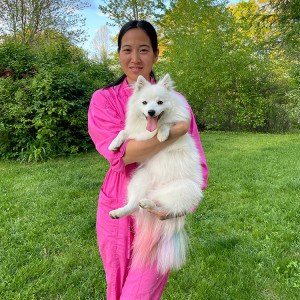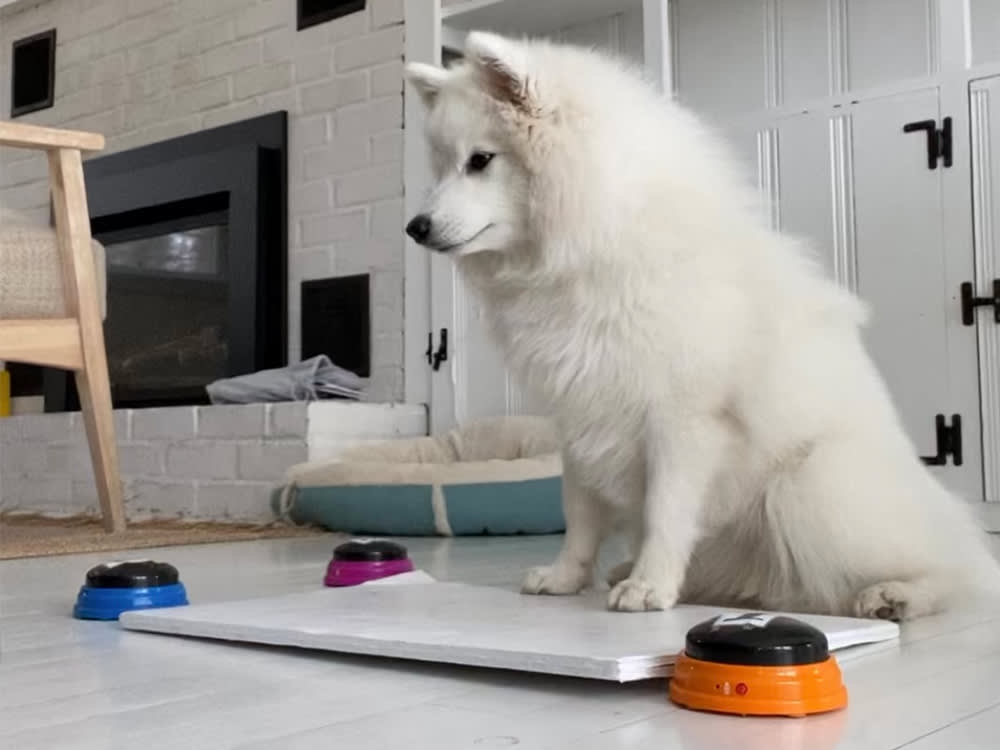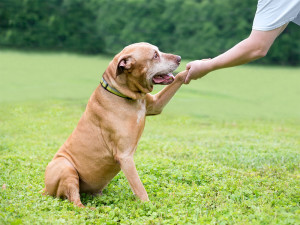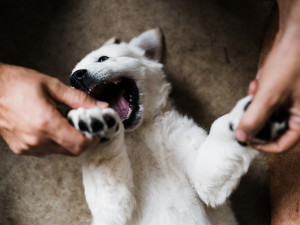Photographer Angela Pham on Training Her Japanese Spitz
How she taught Turtle to ring a bell, open a door, count to four and walk with a limp
Even though I had been on a two-year waiting list for a Japanese Spitz from one of the few breeders in the US, I was totally unprepared to become a puppy parentopens in new tab when I finally got the call that they had a girl for us. We decided to name her Turtleopens in new tab, as she arrived in June, when all the baby turtles hatch on our lawn.
In my intense preparation before her arrival, and with lots of pandemic time to kill, I became obsessed with a cult training protocol: Puppy Cultureopens in new tab. The basic philosophy is that you have the ability to affect a dog’s life by what you choose to teach them in the first 12 weeks of life (called “The Critical Imprint Period”). The teachings explain that “during this brief window, it takes only the lightest touch to make a permanent impression on your puppy”. No pressure.
I wanted to raise Turtle to be trainable, confident and sweet-natured. Many common dog issues (aggression, destruction, separation anxiety) stem from fear and past negative experiences, and I wanted to use training as a way to build up positive experiences and create a strong communication bond between us. So ever since she arrived at eight weeks old, we used every single mealtime as training time to learn new tricks. It started off small, from teaching the meaning of the clicker, to progressively more advanced tricks.
I’ll always remember her at around nine weeks – I was teaching her to ring a bell when I could see the eureka moment in her little head. She knew she had to offer a behaviour I wanted (ring the bell) in order to get what she wanted (a click from me = the delicious morsel of chicken). From that moment on, teaching tricks became like a language we both understood, and followed the same formula: use the clicker to hone in on the desired action, up the criteria (duration and/or place), label it with a verbal and hand cue, et voila.
From there, I have taught her to open and close a door. She rings the bell to go the toilet. I have taught her to count the number of pieces of food in front of her (up to four) using recordable voice buttons. She has learned to put away her toys in a basket on cue. The most useful, albeit boring, trick is her ability to heel, which gets her in position on my left side parallel to my feet. Currently she is learning to limp, by lifting up her front paw and walking. That particular trick requires her to build some more muscle memory and will take some time. To be honest, she’s so smart that she refuses to do any of these things for free. So we go through a lot of treats.
What’s the point of all these tricks? The point is the fun of the learning in itself, and that she is burning off real energy. After a particularly challenging session – that she eventually masters – she beams with pride and actually jumps for joy. A tired dog is a happy dog, and mental activity will tire your dog out just as much as a game of fetch. I don’t know if my early training has changed the outcome of who she will be, but I hope so. I love her spunky and smart personality, and hope I’ve made a small difference somehow.


